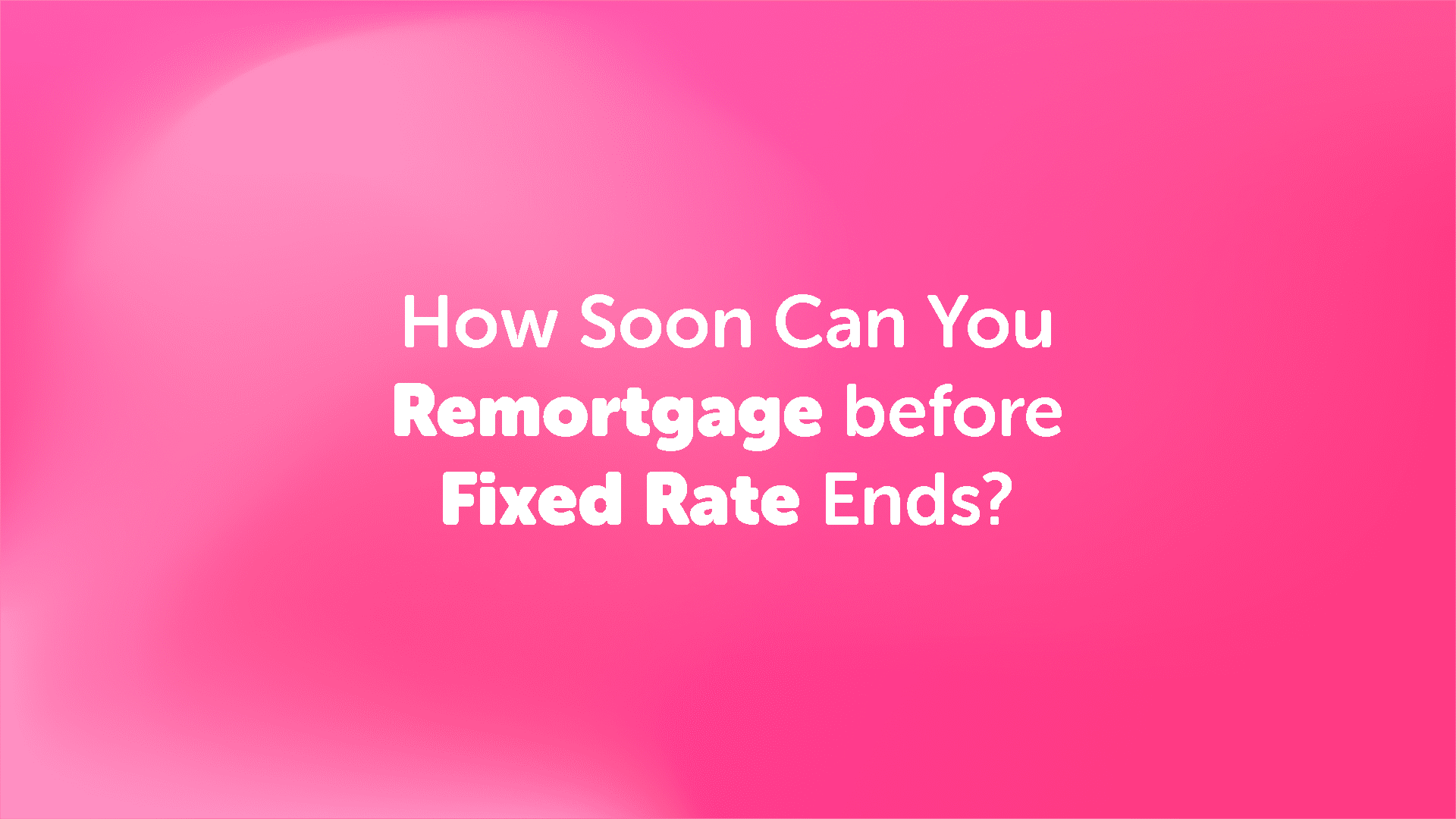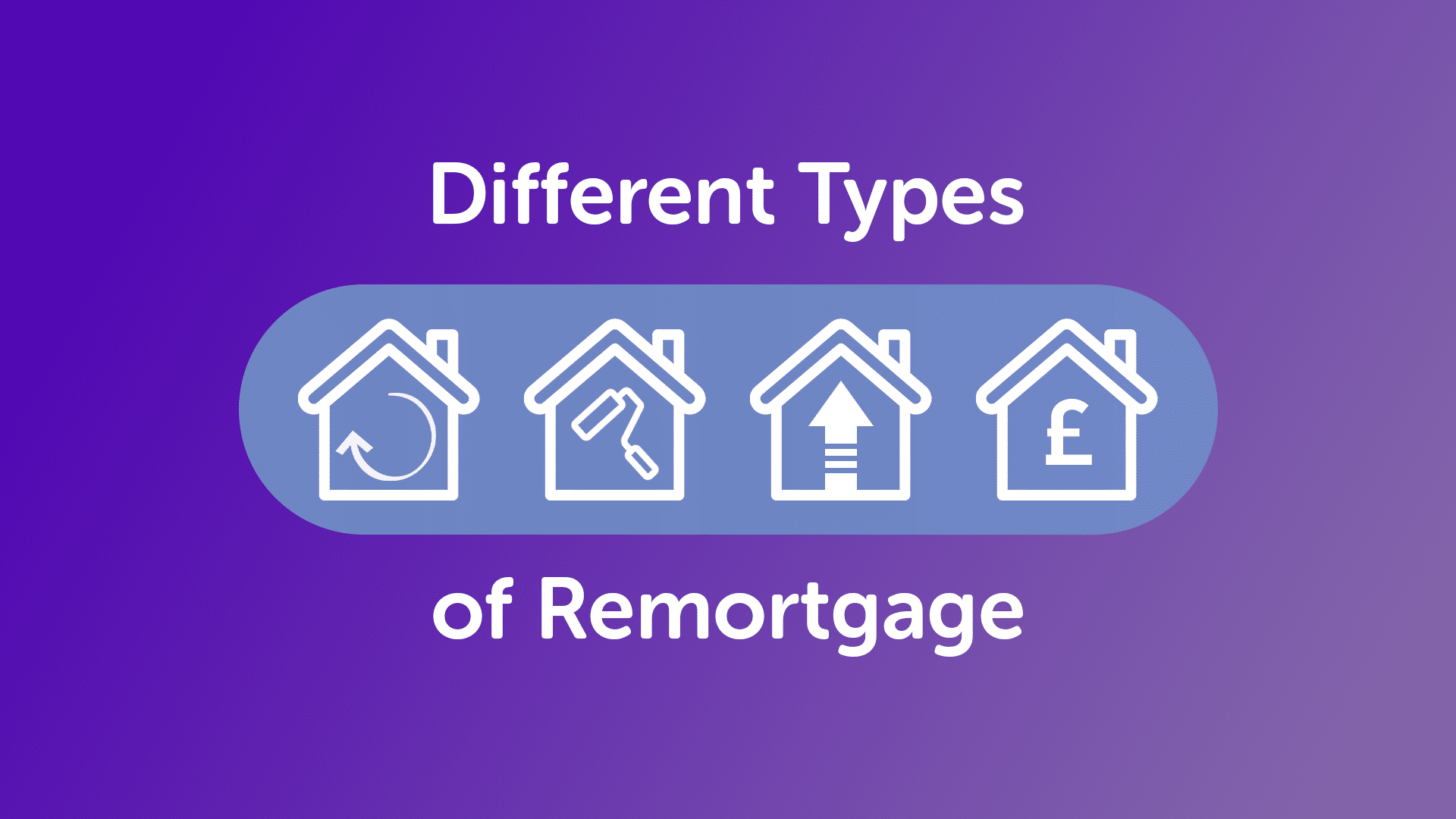When your mortgage term is coming to its end. Your options are to either sell up and upsize/downsize into a new property. Maybe you are in the market for selling your portfolio to the tenant(s) or another buyer and want to know what options are available? The most popular option, however, overall of the above, is a Remortgage.
What is a remortgage?
A Remortgage is a process of moving your existing mortgage to a new provider or switching to a different arrangement with your current lender. There are lots of different opportunities when taking out a Remortgage.
By taking advantage of the 20 years or so knowledge of our resident “Moneyman” Malcolm Davidson mortgage advisor and director of Londonmoneyman and host of our YouTube channel MoneymanTV, has put together a quick remortgage guide to help you understand the main reasons homeowners choose to remortgage.
Remortgage for Better Interest Rates
In some cases, your initial mortgage deal will normally last somewhere between 2-5 years and feature low fixed rates or possibly discounted rates. Your lender may suggest placing you on a tracker mortgage, which follows the Bank of England’s base rate.
When your mortgage term is ending you will be placed onto the lenders Standard Variable Rate (SVR). SVR’s can affect whether the interest rate moves up or down, depending on what the lenders choose.
They also don’t follow the Bank of England’s base rate like a tracker mortgage hence why they can be riskier, as the lender is not legally obligated to charge the recommended amount.
Because of this, SVR’s are usually the most expensive option to take, leaving many to look at Remortgaging for better rates, which will hopefully save them some money on their monthly repayments.
Remortgage for Home Improvements
Spending several years occupying your home, you may come across wanting an extra room or a much larger living space to start a family, a newer and modern kitchen, a new office as more people are working from home or loft conversion. If you weren’t sure whether to do some home improvements or move into a bigger house, some choose to release their equity with a remortgage to cover the costs of any work needed or wanted.
The idea of having to obtain planning permission and fund/manage your own project seems time consuming, some will argue it’s a lot less stressful and more rewarding than the process of having to go property hunting again, selling your current home and having to move all your possessions.
At the same time, creating more space and having good quality craftsmanship will likely increase the value of your home. This comes in handy if you ever do decide to sell up or rent out.
Remortgages for Changes to Your Term
Some homeowners may choose to Remortgage in London for a more suitable mortgage term, whether that’s switching to a more flexible product or reducing the length. However, doing so means you won’t be paying back your mortgage for a long duration. But, you’ll be faced with higher monthly repayments. The longer your term, the lower the payments will be over time.
Other homeowners may choose to opt-in for their remortgage term to be more flexible. The befits of doing so are if you gain the ability to overpay, you will be able to pay off your mortgage quickly, as well as being able to carry the same mortgage and rates over to another property, should you decide to move later down the line.
We tend to find that flexible mortgages usually come in the form of a tracker mortgage. A tracker mortgage follows the Bank of England base rate. Meaning your mortgage payments will fluctuate based on interest.
Remortgage to Release Equity
All homeowners will have some form of equity in their property. This is worked out with the difference between what is still owed on the mortgage and the current value of your property. As previously mentioned, equity can be used for home improvements. However, there are other routes to go down.
Some homeowners choose to cover long-term care costs, whereas others may choose to add to their income, to have a holiday, to pay off an interest-only mortgage or simply have some extra money to spend on whatever they would like.
In other cases, Buy-to-Let landlords will use their remortgage to release equity as a means of covering their deposit for purchasing additional properties for their portfolio.
Equity Release in London is something that homeowners who are over the age of 55, with a home that is worth at least £70,000, could benefit from using. Take a look at your options by getting in touch with an expert later life mortgage advisor who can help you better understand lifetime mortgages.
Remortgage to Consolidate Debt
Others may choose to release equity to pay off any unsecured debts that may have built up over time. However, Debt Consolidation not only bases the amount on how much you are owed and the value of the property, but things like your credit rating are also a factor. All this can limit you on the amount you can borrow.
To pay off your previous mortgage and your debts, you will need to borrow a substantial amount. This means your monthly repayments will be higher.
If you have a poor credit score, you might have a slim chance to remortgage, you might benefit to look into Specialist Remortgage Advice in London. Even then, there is no guarantee that you could remortgage.
You should always seek mortgage advice before choosing to consolidate and secure any debts against your property.
Dedicated Mortgage Advisors in London
If you are coming to the end of your term and are wanting to know what your options are, we highly recommend you book your free mortgage appointment to speak with one of your experienced and trusted Mortgage Advisors in London.
Our team will discuss what’s the most suitable options for you and your circumstances, to create the most suitable plan of action for you in the next step of your mortgage adventure. We aim to ensure this go-around is a quicker and easier process than when you took out your initial mortgage.
Date Last Edited: January 20, 2023














